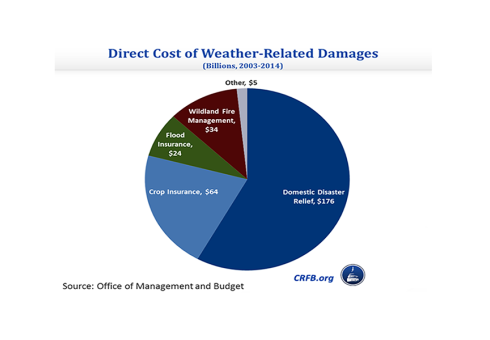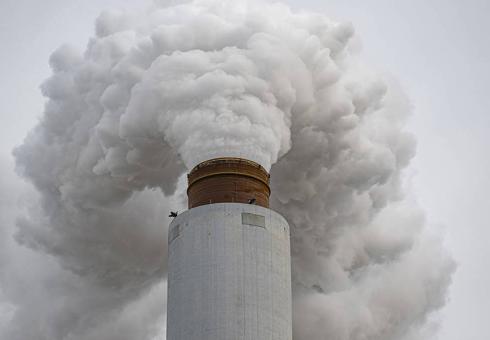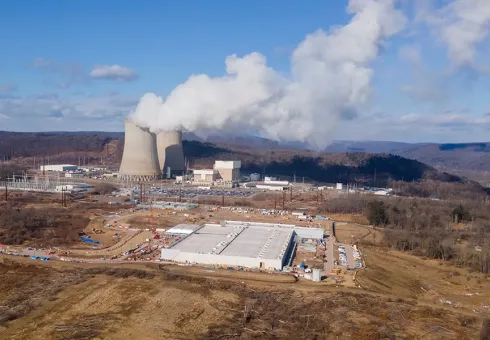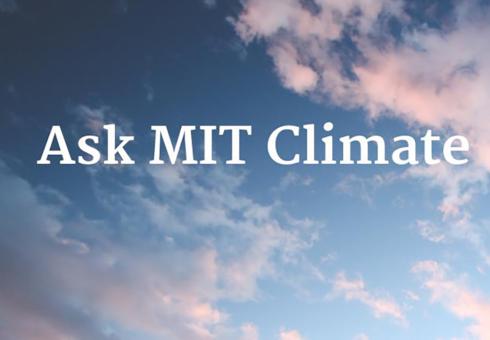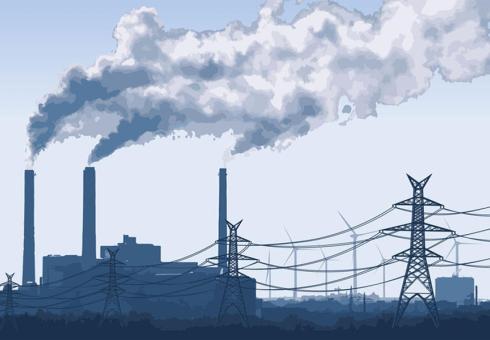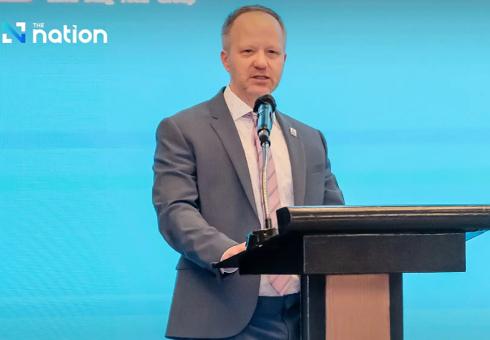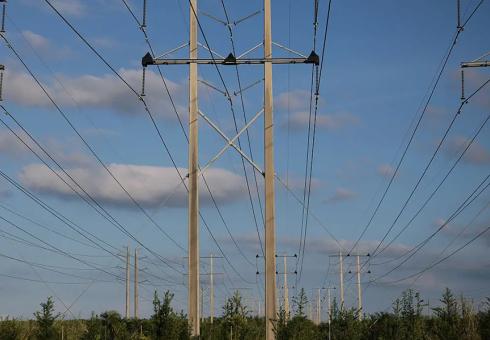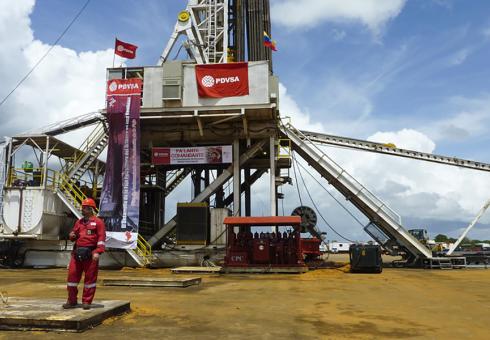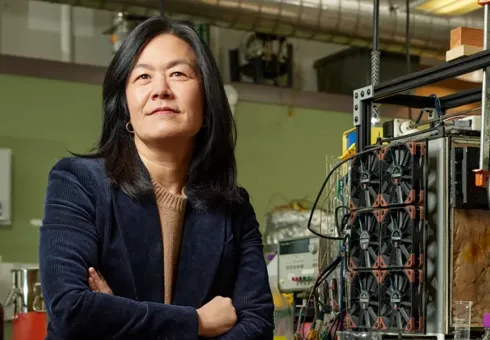CS3 In the News
A working paper co-authored by MIT professors/CS3 faculty affiliates Christopher Knittel and Catherine Wolfram estimates that Americans pay between $400 and $900 per person annually due to global warming. Knittel says costs are about to accelerate. (New York Times)
MIT Professor/CS3 faculty affiliate Catherine Wolfram wrote: "A report that I co-authored with colleagues from the Global Climate Policy Project at Harvard and MIT shows that a coalition of countries pricing carbon in heavy industries could generate billions of dollars in revenue, while also meaningfully reducing global emissions." (Project Syndicate)
New A.I. sites could drive up your power bill. The costs of those utility investments could add up quickly, says MIT Professor/CS3 faculty affiliate Christopher Knittel (New York Times)
Unfortunately, we don’t know. The risks are severe, and grow worse the longer we wait to address them, but climate scientists and economists are very far from agreeing on an exact dollar cost. MIT CS3 Principal Research Scientist Jennifer Morris explains. (MIT Climate Portal)
How climate modeling works, what the challenges are, what climate models can help us understand about our future, and how to best communicate this information to a world that needs to know what's coming next in order to adapt and prepare. Featuring Yi Ming, Professor of Earth & Environmental Sciences at Boston College, and Jennifer Morris, Principal Research Scientist at MIT CS3. Each episode of Climate Reveal takes a deep dive into a specific aspect of the climate crisis and ongoing work toward solutions. (Boston College Creative Communication Lab)
Congress has directed the U.S. Department of Energy to study the carbon intensity of certain industrial products exported to the European Union. If the Trump administration succeeds in scuttling greenhouse gas reporting requirements, the new study "would potentially be a good way to replace the types of data that were collected under that program," said MIT Professor/CS3 faculty affiliate Catherine Wolfram. (Bloomberg)
MIT Professor/CS3 faculty affiliate Christopher Knittel emphasizes that analytical tools must be paired with direct engagement by decision-makers. (The Nation - Thailand)
A new MIT Global Change Outlook finds current climate policies and economic indicators put the world on track for dangerous warming (Inside Climate News) (Additional coverage: Boston Globe)
MIT CS3 Principal Research Scientist Jennifer Morris co-authors 7th Insight, 'Impacts on labor productivity,' which shows how Increasing heat stress is projected to reduce working hours and economic output (Carbon Brief)
MIT Professor/CS3 faculty affiliate Christopher Knittel cites data centers as one factor in driving up prices (Time)
Venezuela's oil and gas assets have a methane intensity of about 2,100 grams per gigajoule, while intensity from most other countries is below 100 g/GJ, according to MIT Professor/CS3 faculty affiliate Catherine Wolfram. Wolfram said most of these emissions could be reduced if the gas were properly captured or flared, but cautioned that Venezuela lacks the regulatory oversight and investment needed to implement relatively straightforward mitigation measures. (MarketWatch)
As the Institute’s first VP for energy and climate, Evelyn Wang ’00 is marshaling MIT’s expertise to meet the greatest challenge of our age. MIT CS3-affiliated faculty members concur with her assessment of the mission ahead. (MIT Technology Review)

